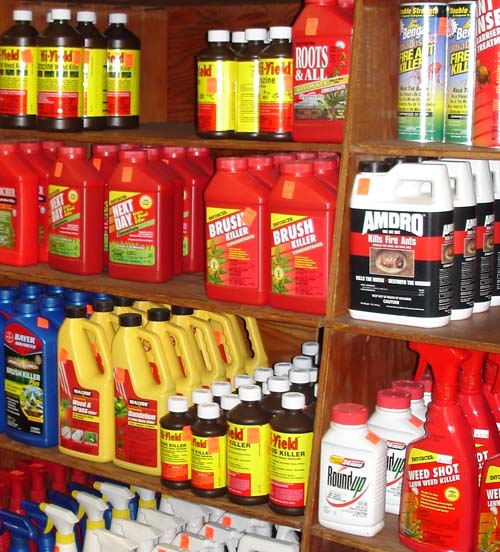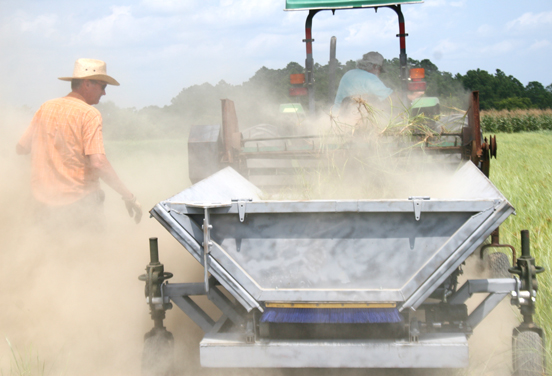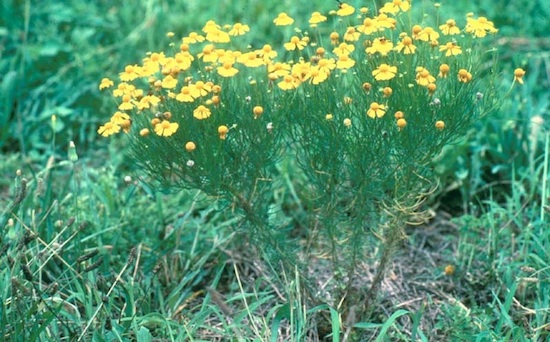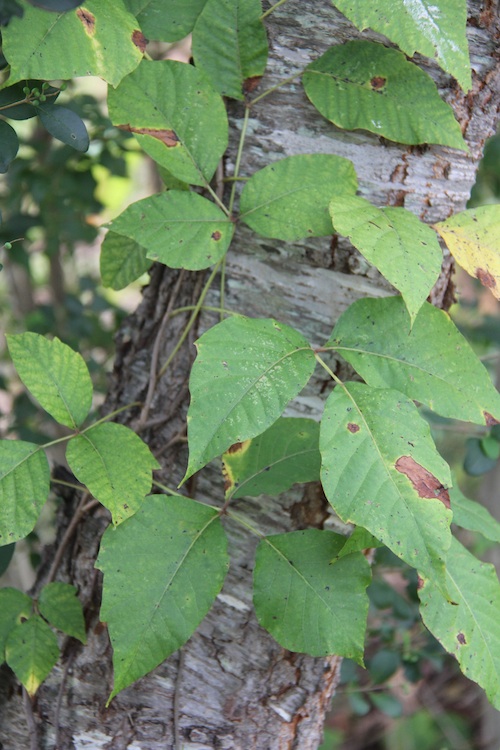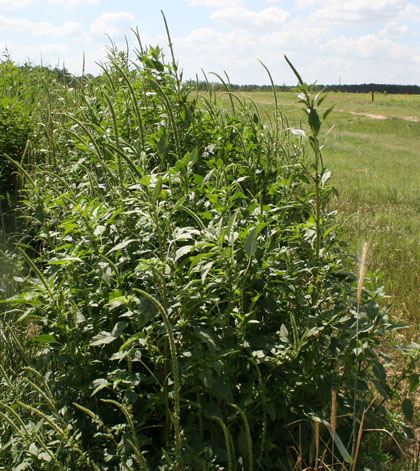 CAES News
CAES News
Chemistry Rotation
A University of Georgia professor is advocating that farmers rotate the pesticides they apply to cotton crops in order to prevent another outbreak of the herbicide-resistant weed, Palmer amaranth.


